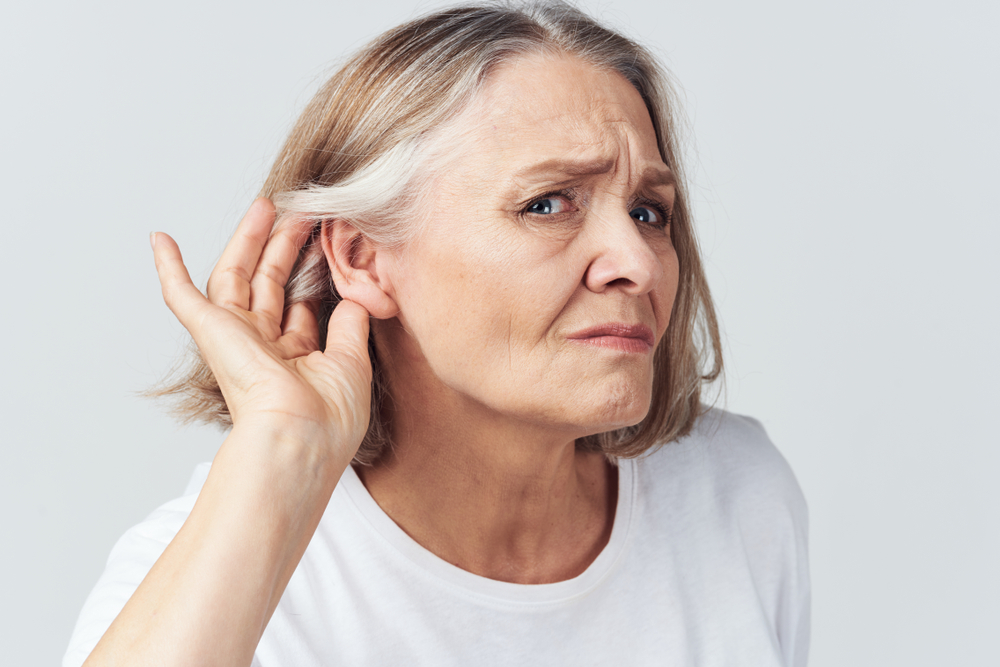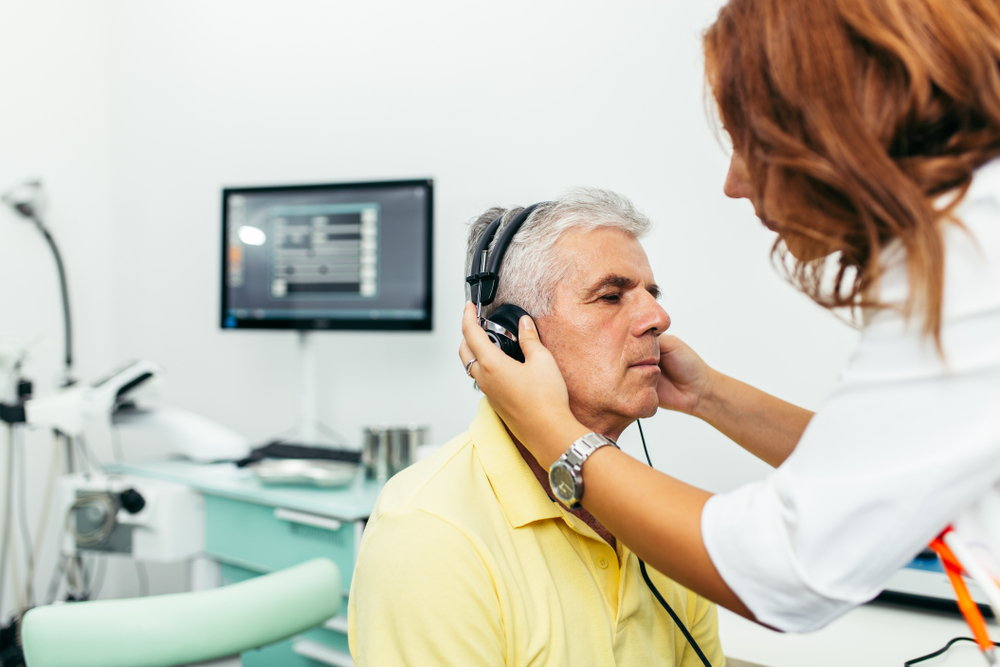Musicians rock. They bring so much joy to our lives with their performances. The downside is that music is almost always loud–in fact, many people prefer it that way. Since musicians expose themselves to loud music on a daily basis, their hearing is at greater risk for being damaged.
Whether your livelihood depends on music or not, you’ll still want to be able to hear your favorite songs when you’re pushing 60, 70, or 80. For musicians, protecting their hearing is the key to a long and successful career. For the rest of us, hearing protection is key to a lifetime of musical enjoyment and enrichment.
Music is surprisingly loud
If you ask most people whether a jet engine is loud, they’ll likely say yes.
But what about music? If you ask someone whether an acoustic guitar or a lone violin is loud, they might not answer so quickly. Imagine their surprise when they discover the reality: that music is indeed loud! Even classical music can reach relatively high volumes that can easily damage your hearing.
A violin, for example, can produce sounds in excess of 90dB. That’s about as loud as a leaf blower. To put that into context, the European Union regulations dictate that any workplace louder than 85dB requires the use of hearing protection.
And if you’re working with music day in and day out, consistent exposure to that kind of volume–especially without hearing protection–can seriously damage your hearing over time.
How can you protect your hearing?
Okay, so know that you know musicians need to protect their hearing (especially not if they want to keep on rocking out for years to come). So what can musicians do to protect their ears and still enjoy the music they love so much?
Well, here are a couple of easy things musicians can do:
- Track your volume: Knowledge is power, right? So it follows that you should always know what levels of sound you’re subjecting your ears to. Sometimes this is as simple as keeping track of your volume settings on amps and receivers. But you can also purchase a decibel meter app for your smartphone to make it easy to track the real-world volume levels your ears are experiencing day-in and day-out. If the meter reads above 85 consistently, you’ll need to do something about this.
- Take breaks: Your ears are like any other part of your body: they can be overworked and will often benefit from rest. So give yourself “hearing breaks” regularly. This will help prevent your ears from becoming overwhelmed with sound (and damage). Duration is almost as important as volume when it comes to hearing health. Taking breaks can be the difference between just enough stimulation–and too much!
Wear hearing protection
Of course, the single most effective thing you can do to protect your ears is simple: wearing hearing protection of some kind. Many musicians are hesitant to wear hearing protection because they’re worried it will impact the quality of sound they hear–in addition to dampening the volume. That’s not always the case, depending on which type of hearing protection you choose.
- Ear plugs made specifically for musicians: Most people are probably familiar with disposable ear plugs. They don’t always fit comfortably–but they do reliably block a lot of sound. They’re cheap, easy to come by, and easy to throw away. And they aren’t ideal for musicians. However, by spending just a little more money, you can purchase high quality earplugs designed specifically for musicians. These earplugs use fancy manufacturing tricks (mostly they’re made out of very specific materials and are designed to conform nicely to the ear) to maintain audio fidelity while diminishing the noise you experience by something like 20dB. This option is perfect for musicians who need a light to moderate amount of protection (and who don’t have a ton of money to invest in earplugs–or are likely to misplace them).
- Electronic earplugs: Electronic earplugs function in basically the same way as high quality, non-electronic earplugs. The earplug itself will block the majority of the sound. What you hear will instead be piped in by the earplug itself. This option is perfect for those who work in particularly loud environments–and who want more options in terms of volume control.
- In-ear monitors: Most music is electronic these days–or at least amplified by electronics. A monitor takes those electronic signals and transmits them directly to a device placed in your ear (called an in-ear monitor). It’s like a special little speaker for your ear–and most monitors can block out sound from the outside world (thanks to a rather tight fit and special design). This means you can hear exactly how you sound–at a volume you control. In-ear monitors are useful for those who work primarily with electronically amplified instruments.
Protect your ears–and protect your career
It’s never too late to take steps to protect your hearing–but it’s definitely a good idea to start sooner rather than later. With options available at just about every price point, there are easy ways for everyone to protect your hearing–and your future. Remember, hearing protection for a musician is an investment in your career. It’s one way to make sure you’ll be making amazing music for years (maybe even decades) to come!
Protect your hearing today! Don’t quite know where to start? Find a provider in your area to schedule a hearing test by searching providers near you.



